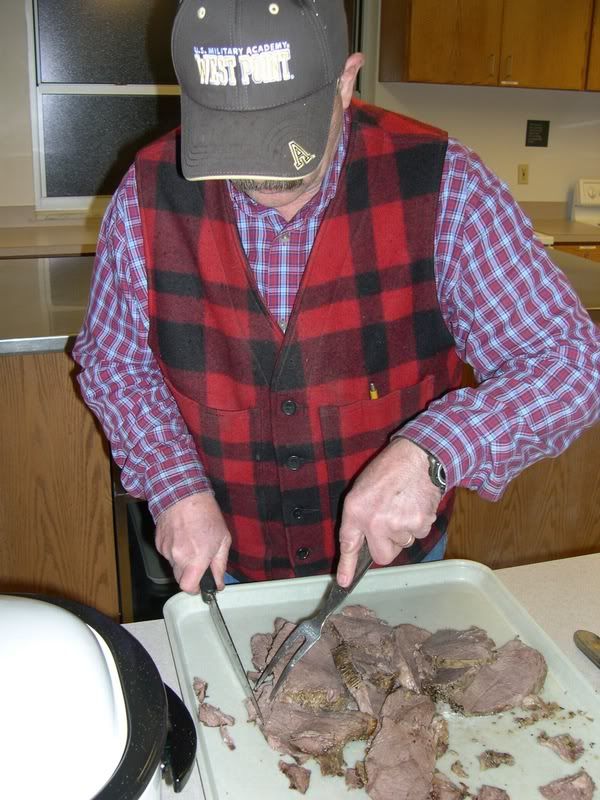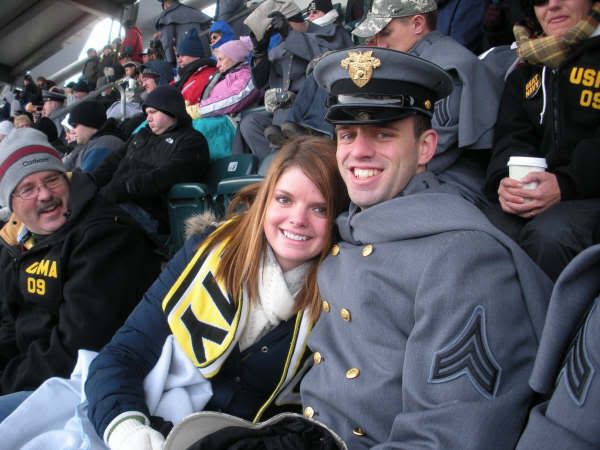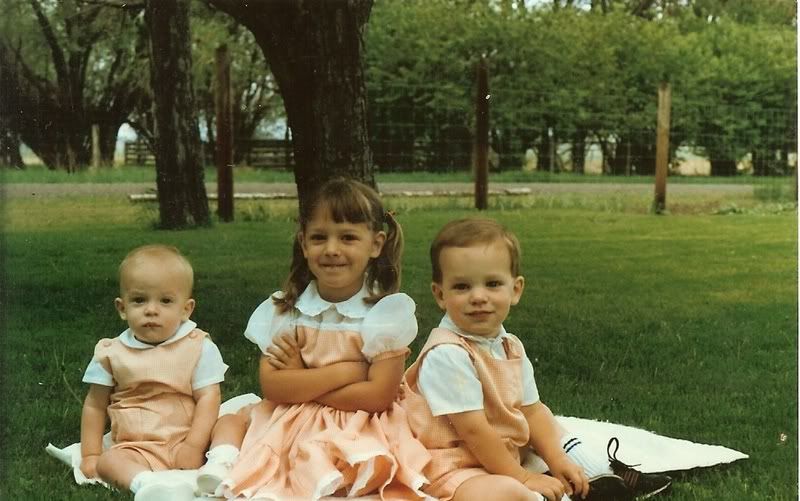
Abraham Lincoln was my first hero. I was in first or second grade when I adopted him. My friends liked Elvis Presley, but once I heard about Abraham Lincoln living in a log cabin and feeling sorry for slaves, I comfortably had a hero. It’s no wonder:
Lincoln didn’t take himself too seriously. Once, during a political debate, his rival accused him of being “two-faced.” Lincoln replied, “I leave it to my audience. If I had another face, do you think I’d wear this one?” Humor was his therapy. Once during the dark days of the Civil War, he said, “I laugh because I must not cry; that’s all—that’s all.”
As jovial and friendly as he was, not everyone liked Lincoln—including his future father-in-law. Mary Todd was born into the aristocracy of Lexington, Kentucky. She was described by her friends as vivacious, impulsive—“the very creature of excitement.” Boasting a fashionably plump figure, long lashes and clear blue eyes, Lincoln was mesmerized by her. However, Mary’s father thought she could do better and thought Abe was nothing but a gangly, deeply in debt, country bumpkin. Abe was hurt by the Todd family rejection, telling a friend, “One d is enough for God, but the Todd’s need two.” However, Lincoln prevailed and on November 4, 1842 Mary Todd became Mrs. Abraham Lincoln. A week after their marriage, Abe wrote a letter to his friend, Samuel Marshall, closing it with, “Nothing new here, except my marrying, which to me, is a matter of profound wonder.” And many years later, while watching Mary put their guests at ease at a White House reception, he said, “My wife is as handsome as when she was a girl, and I . . . fell in love with her; and what is more, I have never fallen out.”*
Though Lincoln was resilient and resolute, the Civil War brought dark and lonely years for the famed president. As the death tolls mounted, his spirits sunk. Yet, with the stress of a tearing nation and battlefield woes, he continued to be a kind husband and father. He found solace in his young sons living in the White House with Mary and him—Willie and Tad. (Robert, their eldest son, was away studying at Harvard.) The boys had a menagerie of pets, including a goat that slept with Tad. Lincoln took the boys with him to visit the troops and wrestled with them on the White House floors. In February of 1862 the boys came down with fevers. Tad recovered, but Willie did not. This was Abe and Mary’s second son to have died and they both plunged into depression. Mary could not attend the funeral and refused to leave the White House for three months after Willie’s death. Lincoln wept alone. He was heard to say, “He (Willie) was too good for this earth, it is hard, hard to have him die.”
Lincoln knew that the secession of the Southern States would destroy our nation and he took every measure to prevent it. Both the North and South would become disgruntled with him over favoritism. Many sensed there was a bounty on his head. Just five days after General Robert E. Lee surrendered—Abraham Lincoln was assassinated. The afternoon before he was shot, April 14, 1965, Abe told Mary, “I never felt so happy in my life.” They attended the British comedy, Our American Cousin, that evening. Mary sat very close to Abe with her hand in his and whispered to him, “What will Miss Harris think of my hanging on to you so?” Mr. Lincoln replied, “She won’t think anything about it”—his last recorded words. Soon after, John Wilkes Booth entered the play box where the Lincolns and their guests were sitting and shot President Lincoln at point-blank range. He died the following morning.
Three days prior to his assassination Lincoln told a few friends and Mary about a dream he had:
"About ten days ago, I retired very late. I had been up waiting for important dispatches from the front. I could not have been long in bed when I fell into a slumber, for I was weary. I soon began to dream. There seemed to be a death-like stillness about me. Then I heard subdued sobs, as if a number of people were weeping. I thought I left my bed and wandered downstairs. There the silence was broken by the same pitiful sobbing, but the mourners were invisible. I went from room to room; no living person was in sight, but the same mournful sounds of distress met me as I passed along. I saw light in all the rooms; every object was familiar to me; but where were all the people who were grieving as if their hearts would break? I was puzzled and alarmed. What could be the meaning of all this? Determined to find the cause of a state of things so mysterious and so shocking, I kept on until I arrived at the East Room, which I entered. There I met with a sickening surprise. Before me was a catafalque, on which rested a corpse wrapped in funeral vestments. Around it were stationed soldiers who were acting as guards; and there was a throng of people, gazing mournfully upon the corpse, whose face was covered, others weeping pitifully. 'Who is dead in the White House?' I demanded of one of the soldiers, 'The President,' was his answer; 'he was killed by an assassin.' Then came a loud burst of grief from the crowd, which woke me from my dream. I slept no more that night; and although it was only a dream, I have been strangely annoyed by it ever since."
A fitting eulogy could be taken from Lincoln’s own words. He began his second inauguration speech, “With malice toward none; with charity for all; with firmness in the right . . . “ He proved he truly believed these words on the night of the surrender of the South at Appomattox by General Lee. While he was serenaded by many enthusiastic Unionists, President Lincoln asked the band to play “Dixie”, the song of the South. Truly a man “with malice toward none; with charity for all” was Abe Lincoln, the 16th President of the United States of America.
Happy 200th Birthday, Mr. Lincoln.
Are you a Lincoln aficionado?
*much negativity is written about Mary Todd and her relationship with Abe Lincoln, however, it has been determined that the original less favorable articles were written by Abe’s business partner who didn’t care for her. I was glad to find these words from Abe Lincoln about his feelings toward her.




























